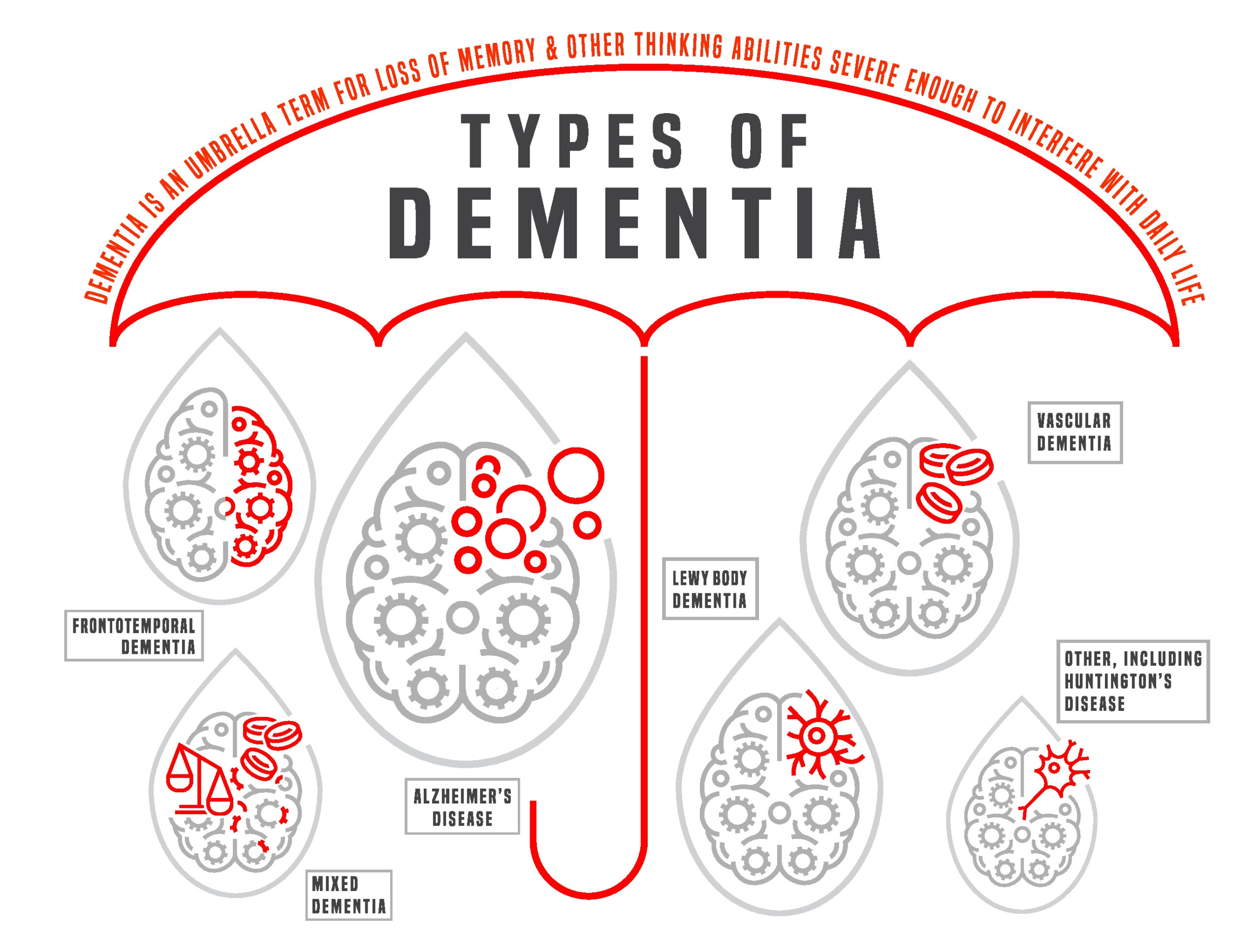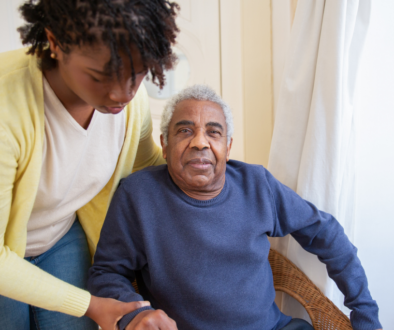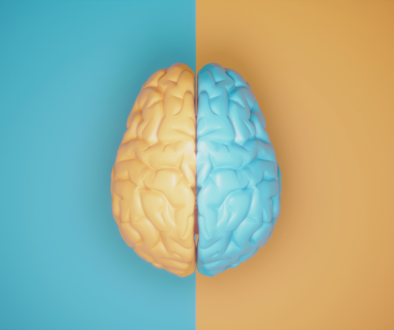Staying Resilient as a Dementia Caregiver: Finding Strength and Gratitude
Keep your head up!
In a recent consultation with a caregiver, one of our social workers was inspired by what she heard. This caregiver had successfully navigated her way through a particularly challenging situation. She was open and honest about how frustrating it was.
“I was really miserable for a few days. Nothing I tried seemed to be working. It was really exhausting, and it was really getting me down,” she said.
She reached out to some friends to vent, and one of them had a new idea for her. She tried it. While it didn’t change anything for the person she cares for, it did make her life easier. At the end of the story, she relayed just how relieved and grateful she was to have found a solution, noting that the situation is still not ideal but that she’s back in control of it. Emphasis on gratitude, tenacity, connection and control.
Often, we feel we are a victim of our circumstances. It’s easy to get wrapped up in that narrative: life is not fair, people are unkind or unhelpful, there aren’t enough resources. All of that may be true but there is real power in looking at the other side of the coin, and changing the stories we tell ourselves.
This caregiver did not sit back and let her circumstances dictate her attitude. First, she decided to act. When none of her own ideas worked, she didn’t stop there. She connected to other people. She talked about her problem and listened to suggestions. When she found one that worked, she celebrated by focusing heavily on the positives. Grateful in that it cut down on her stress and her workload. Grateful the situation isn’t worse. Grateful for the suggestion. Grateful it wasn’t an expensive solution. You get the picture.
Expressing her own gratitude for the injection of positivity at the end of the week, the social worker then asked the caregiver how she does it. How does she keep from succumbing to the negativity that comes with hardship? She honestly stated that she does get down, however, she just doesn’t allow herself to stay there. She goes to her happy place (in her mind) and gets to work thinking about what control she does have and what she can be grateful about.
The moral of the story here is that life is hard, especially when you’re caring for someone who has dementia. You will be challenged by all kinds of things. While it’s nice to think that any one suggestion will help you handle it with grace, it’s not that easy. It does take effort in multiple ways:
- Cut yourself some slack. Know that you will have bad days. You are, after all, only human.
- Don’t let yourself stay down. This may require effort, practice and self-discipline. When life gets you down, get up. Do something to get yourself moving again, literally, and figuratively.
- Focus on what you “can” control.
- Ask for help! No one can get through this alone. If you don’t have friends or family, call LifeCare Memory Partners, attend support groups, or join an online forum.
- Gratitude, gratitude, gratitude.
Most of us have to practice this with intention; it won’t just come naturally. But if you do, it will likely begin to come naturally after some time. And you just might find that while life is still hard, you will enjoy it more.
What kind of dementia is it?
Often in consultations, we are asked the question – what kind of dementia is it?

As illustrated in the image, the word dementia is often used to describe a set of symptoms caused by a variety of disease processes. So, let’s start by clearing up the common misconception that dementia is the disease. It’s more accurate to think of dementia as a syndrome.
Oxford Languages Dictionary defines the word syndrome as: a group of symptoms which consistently occur together, or a condition characterized by a set of associated symptoms. It’s like a headache – it can be caused by many things and may be localized to a specific part of your head (think sinus headache) or affect your entire head, it can be in the background, allowing you to go about your day with a minor annoyance, or it can be so bad that you feel nauseous. But we all call it a headache.
Dementia is similar in that it is a common word used to describe an array of symptoms and can be caused by a number of things. Often, with no clear answers as to exactly what’s going on in the brain.
While doctors and scientists are working on lower cost, more accurate and less invasive tests for diagnosis of a particular brain-changing condition, current tests are often costly, unpleasant and not always accurate. Which leaves many caregivers feeling frustrated and lost, searching for answers.
Consultation with a professional may help. Consulting with a neurologist may be helpful, or in-depth cognitive testing may illuminate a particular presentation that may help identify which disease process is at play. Your LifeCare Memory Partners team can also talk to you about different kinds of dementia and help shed some light, though we can’t provide a clear diagnosis.
What we really try to focus on, in the absence of curative treatments for these disease processes, is how this affects the person and those caring for him/her. At the end of the day, that’s what your caregiving journey is all about. It’s about noticing what remaining strengths your person has and where you need to provide some support. It’s about knowing how to respond to confusion and anxiety, or withdrawal from everyday activities.
If you are unclear about what is causing dementia in someone you care about, you’re not alone. If that person is resistant to testing, or your doctor is not able to give you clear answers, you’re not alone in that either. You’re also not alone in your journey. When you feel lost or confused, reach out. Chances are we can help you understand how to respond, even if we can’t tell you exactly what is going on in the brain.





